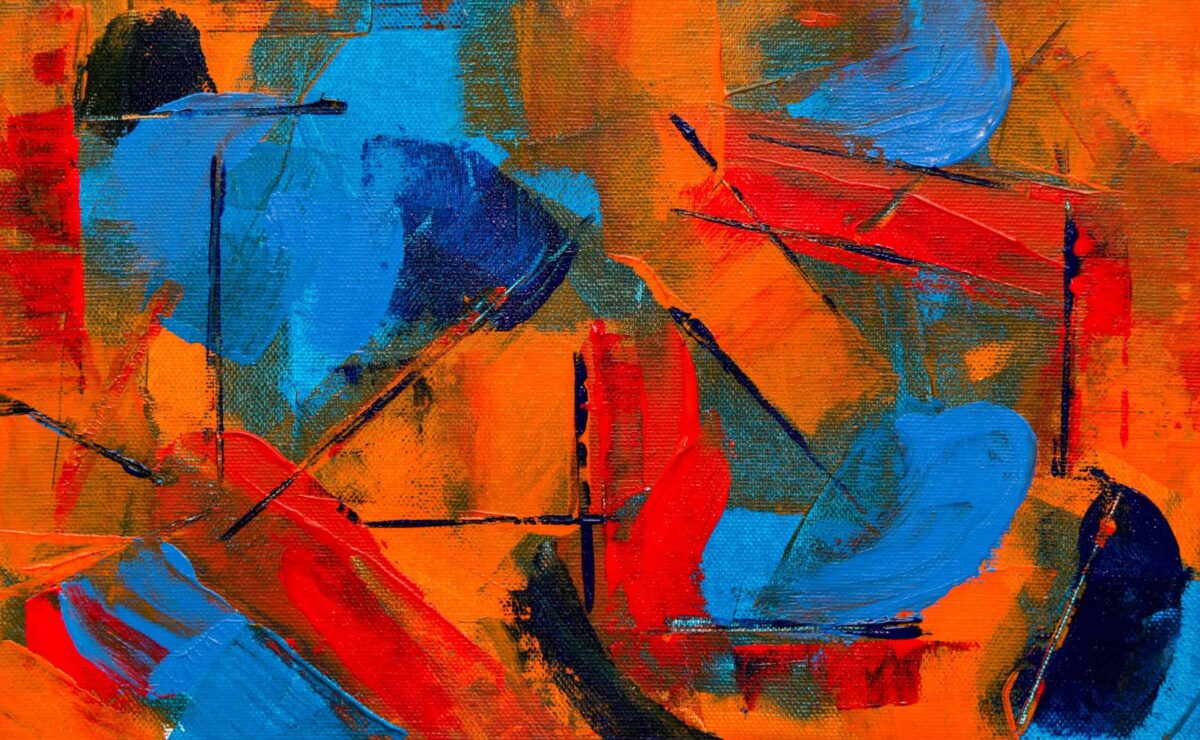Can a Robot’s Artwork Be Copyrighted?

Authors: Kristél Kriel, Adam Lakusta
Artificial intelligence (AI) may not have reached the level of Skynet, but machines are already creating artwork autonomously.
On November 2, 2020, Ankit Sahni, a lawyer in India, succeeded in registering an AI-generated artwork titled “Suryast” with the Indian Copyright Office (ROC No. A-135120/2020). The authors listed by the Copyright Office are Sahni and the RAGHAV Artificial Intelligence Painting App (RAGHAV).
But can AI qualify as a co-author of a copyrighted work in Canada? We may already have the answer to that question – although it hasn’t been tested in court.
While Canada Consults, CIPO Weighs In
From July 16 – September 17, 2021, the Government of Canada conducted a consultation regarding the modernization of Canada’s copyright framework, including whether to attribute authorship to AI. During the consultation, a group of prominent Canadian copyright scholars recommended that AI artwork be kept in the public domain.
While the conclusions of the consultation are yet to be released, the Canadian Intellectual Property Office (CIPO) appears to have already weighed in on the question. On December 1, 2021, Sahni successfully obtained a copyright registration for “Suryast” with CIPO (registration no. 1188619), again listing both himself and RAGHAV as co-authors.
By allowing Sahni to register an artwork in the name of an AI, CIPO appears to have adopted the position that copyright can be attributed to AI when human assistance is involved. Whether CIPO would allow AI to claim authorship on its own remains unclear.
The fact that CIPO has granted a copyright registration with AI listed as an author is significant, although a copyright registration does not guarantee the ownership or the originality of a work. The true test of whether AI is capable of generating copyrighted works will more likely unfold in a Canadian courtroom.
To date, there is no legal precedent in Canada indicating that AI can generate copyrighted work. However, with CIPO now having registered a copyright interest listing AI as an author, it is only a matter of time until AI’s ability to generate copyrighted works is disputed in a Canadian courtroom.
The U.S. Position
With respect to legislative changes, Canadian policy will no doubt be affected by the policies taken in the United States.
Dr. Stephen Thaler, the U.S.-based inventor of the AI software called Creativity Machine, hasn’t had any luck obtaining copyright protection for a work of art the machine created. He filed a copyright application that was denied by the United States Copyright Office (USCO) because the AI-generated artwork “lacked the human authorship necessary to support a copyright claim.” The USCO reasoned that copyright protection applies only to “the fruits of intellectual labor” that “are founded in the creative powers of the mind.”
After his two requests for reconsideration yielded the same result, Thaler launched a federal lawsuit against the USCO. His legal challenge poses the interesting question of whether copyright law is keeping pace with technology. We’ll continue to watch Dr. Thaler’s case with interest.
What Does This Mean for Your Organization?
If you’re hoping your AI-generated artwork is eligible for copyright protection in Canada, you may want to wait for Canada to clarify its position on AI and copyright ownership. Whereas CIPO may be willing to grant copyright registrations to AI as a co-author, there is no Canadian legal precedent on whether authorship actually attributes to AI.
For now, we await the Government of Canada’s conclusions on its public consultation and clarification on AI authorship from Canadian courts.
In the meantime, if you need advice on obtaining copyright protection for your work – be it human- or machine-made – the lawyers in our Innovation, Data & Technology practice group would be pleased to assist you. Contact us to learn more.
Note: This article is of a general nature only and is not exhaustive of all possible legal rights or remedies. In addition, laws may change over time and should be interpreted only in the context of particular circumstances such that these materials are not intended to be relied upon or taken as legal advice or opinion. Readers should consult a legal professional for specific advice in any particular situation.



